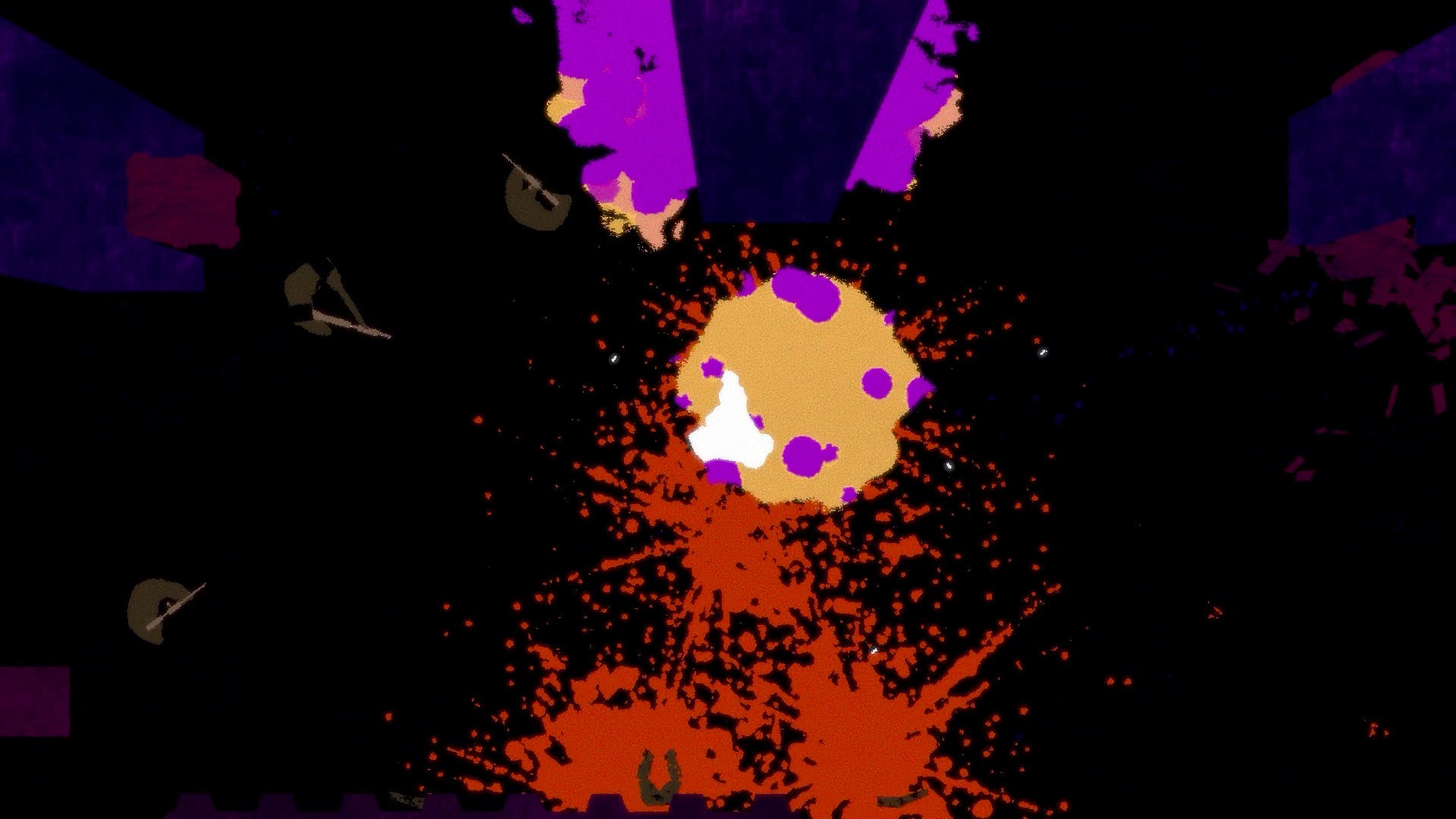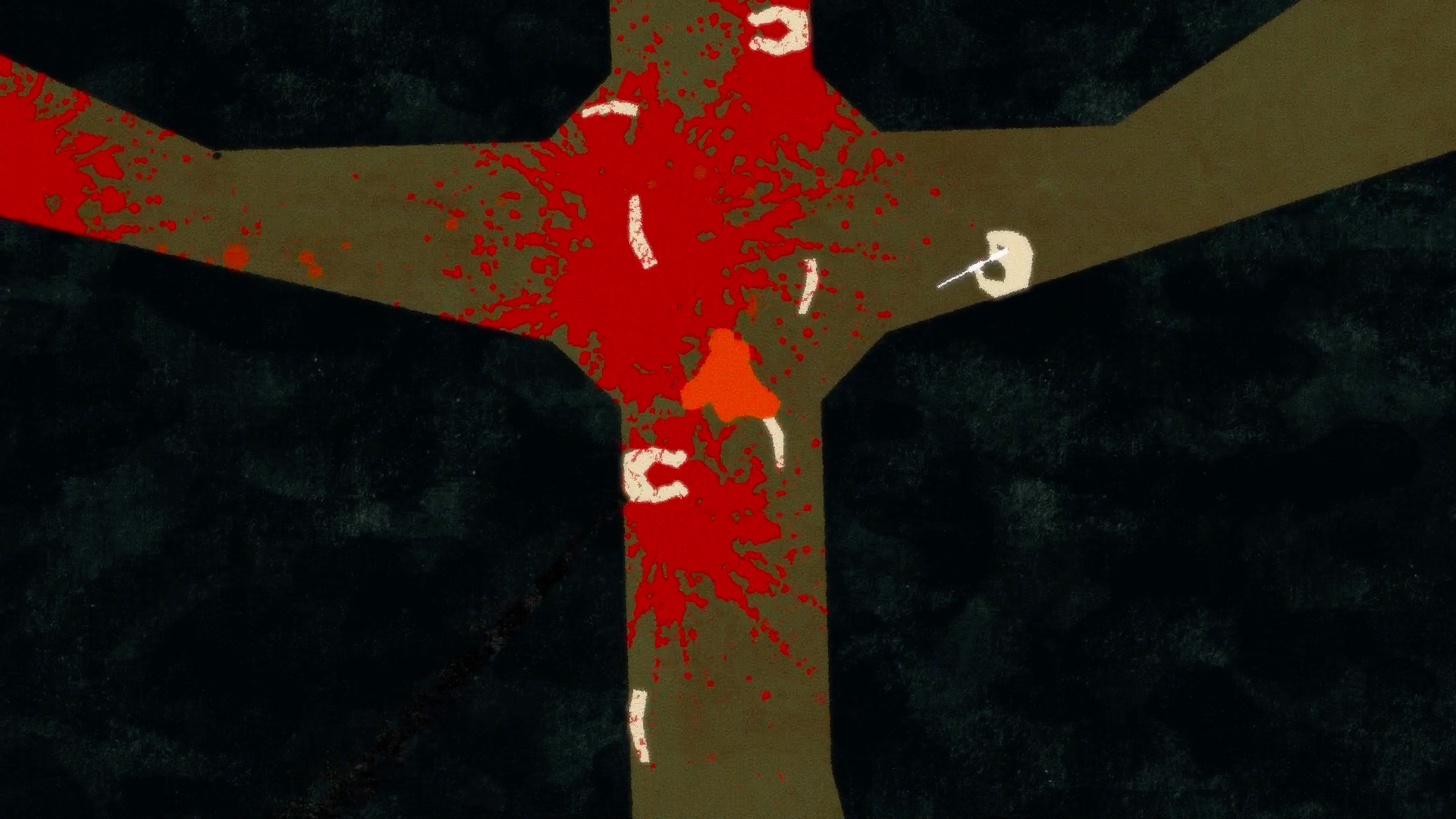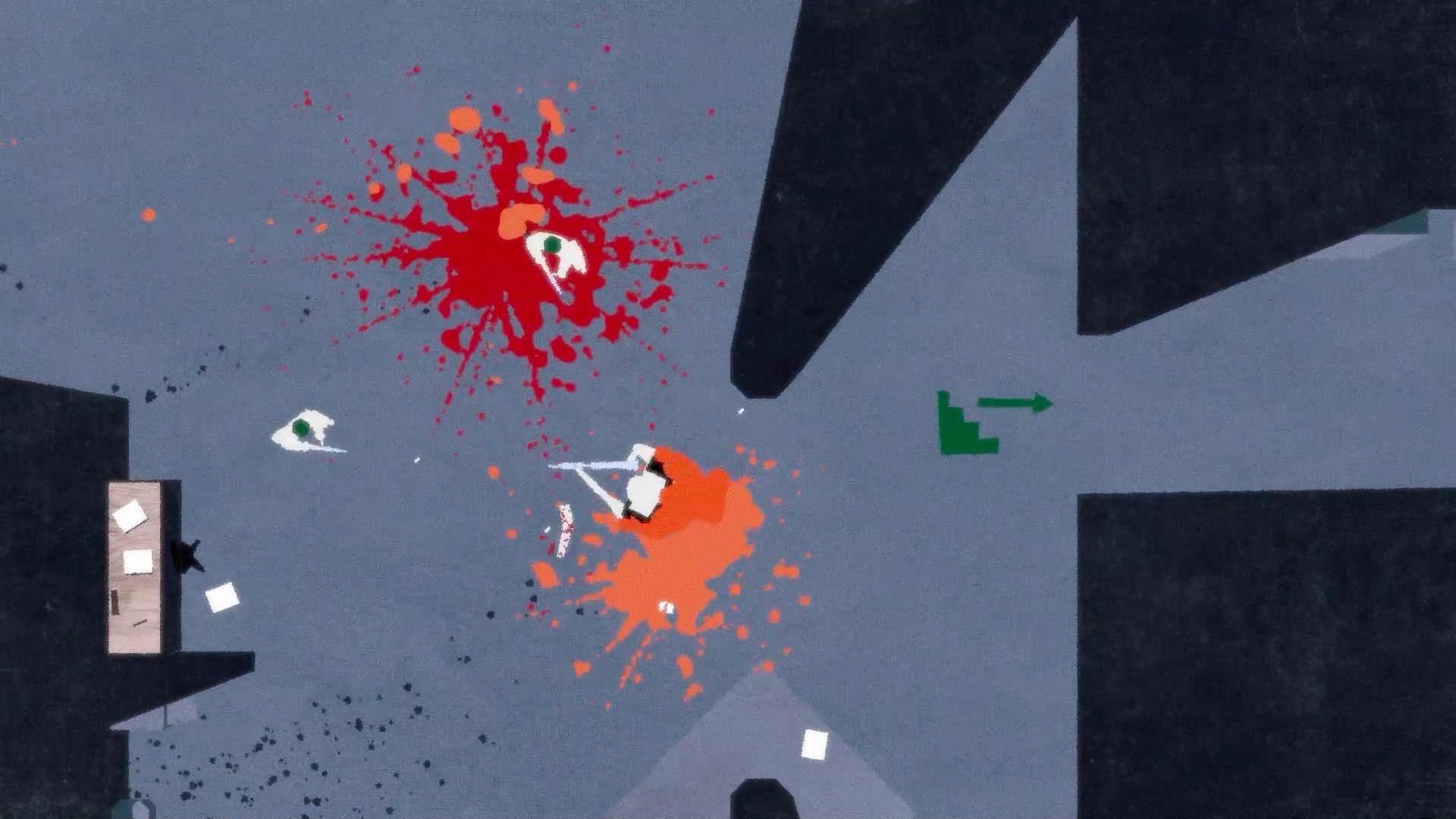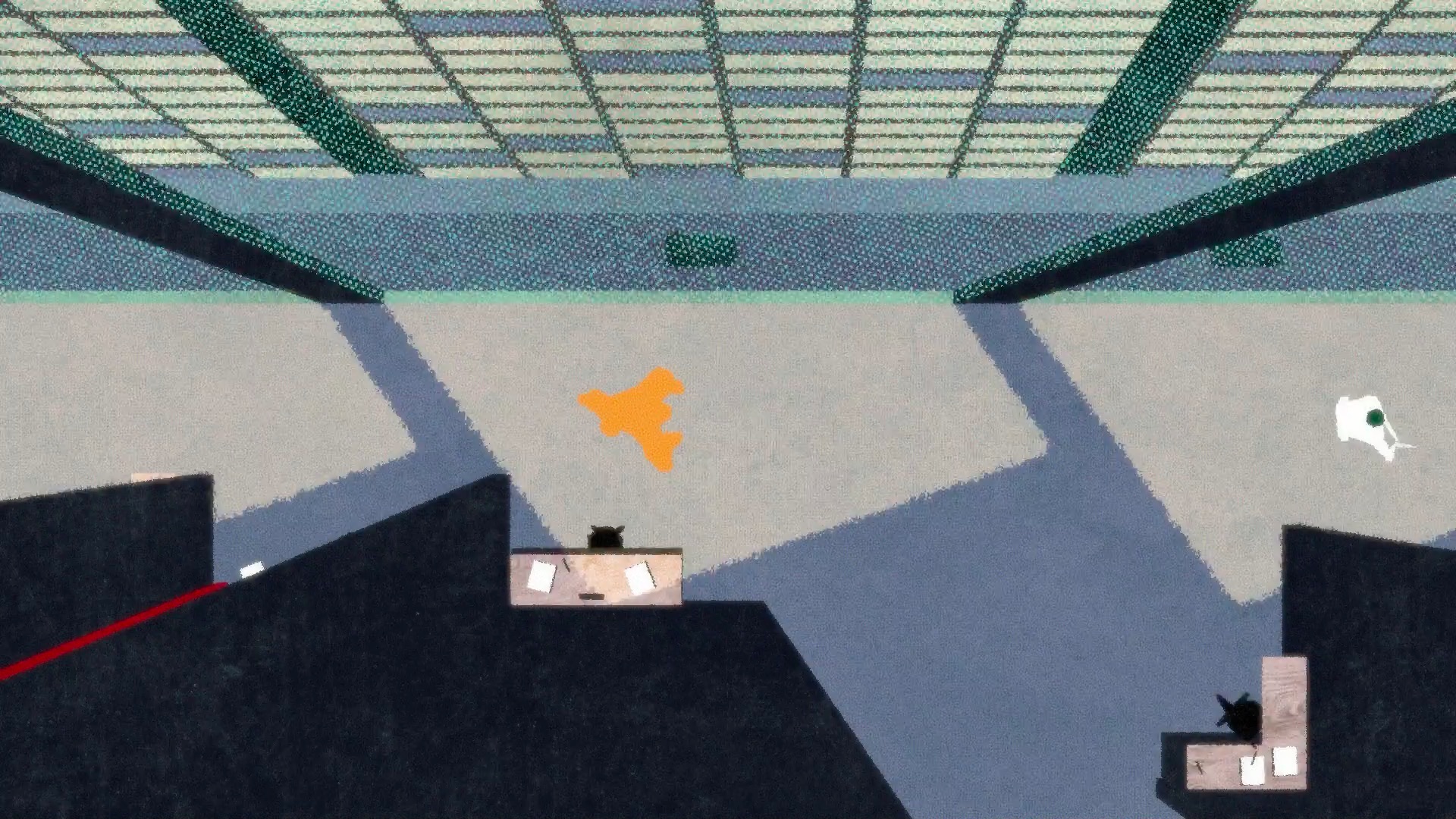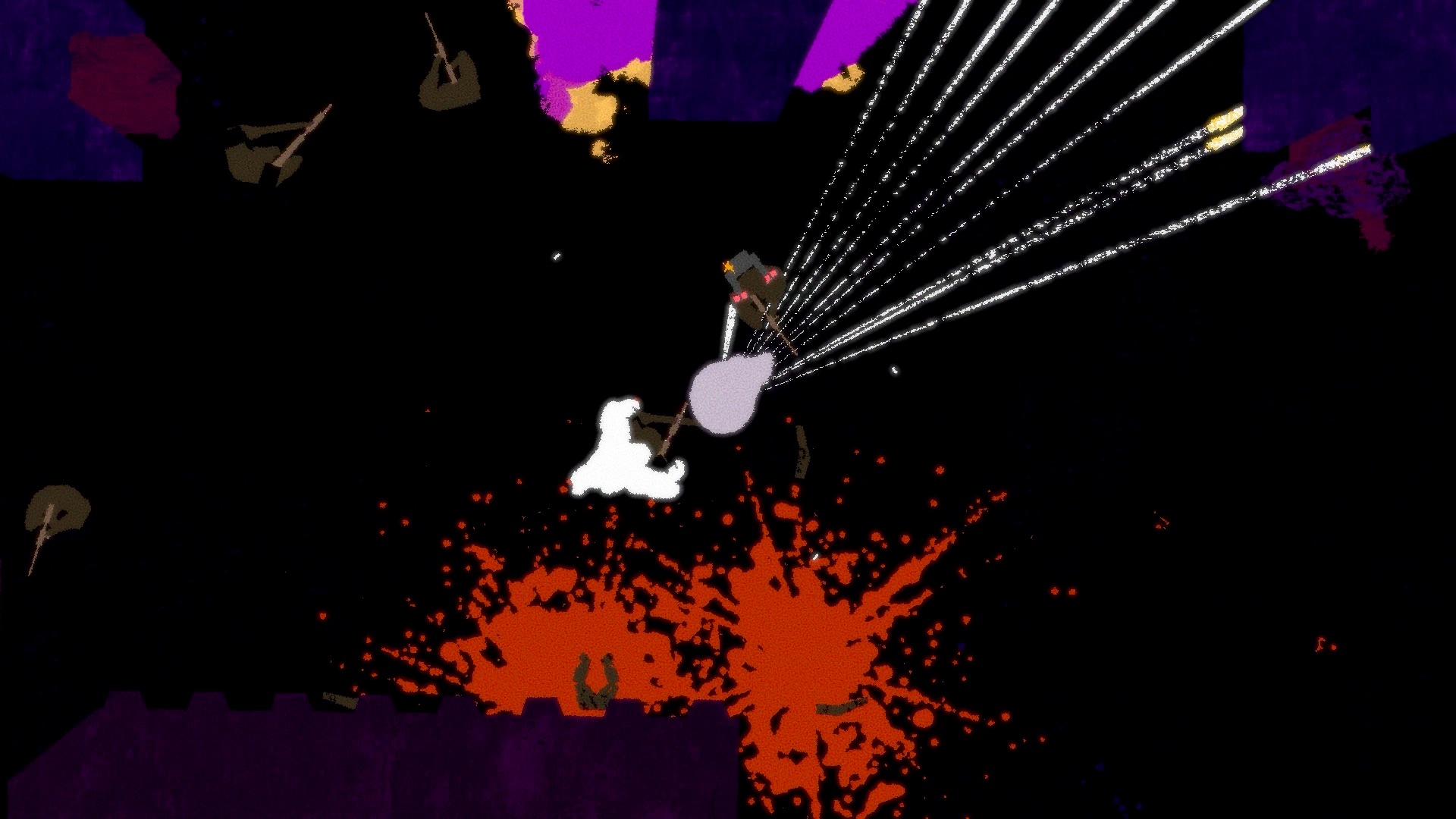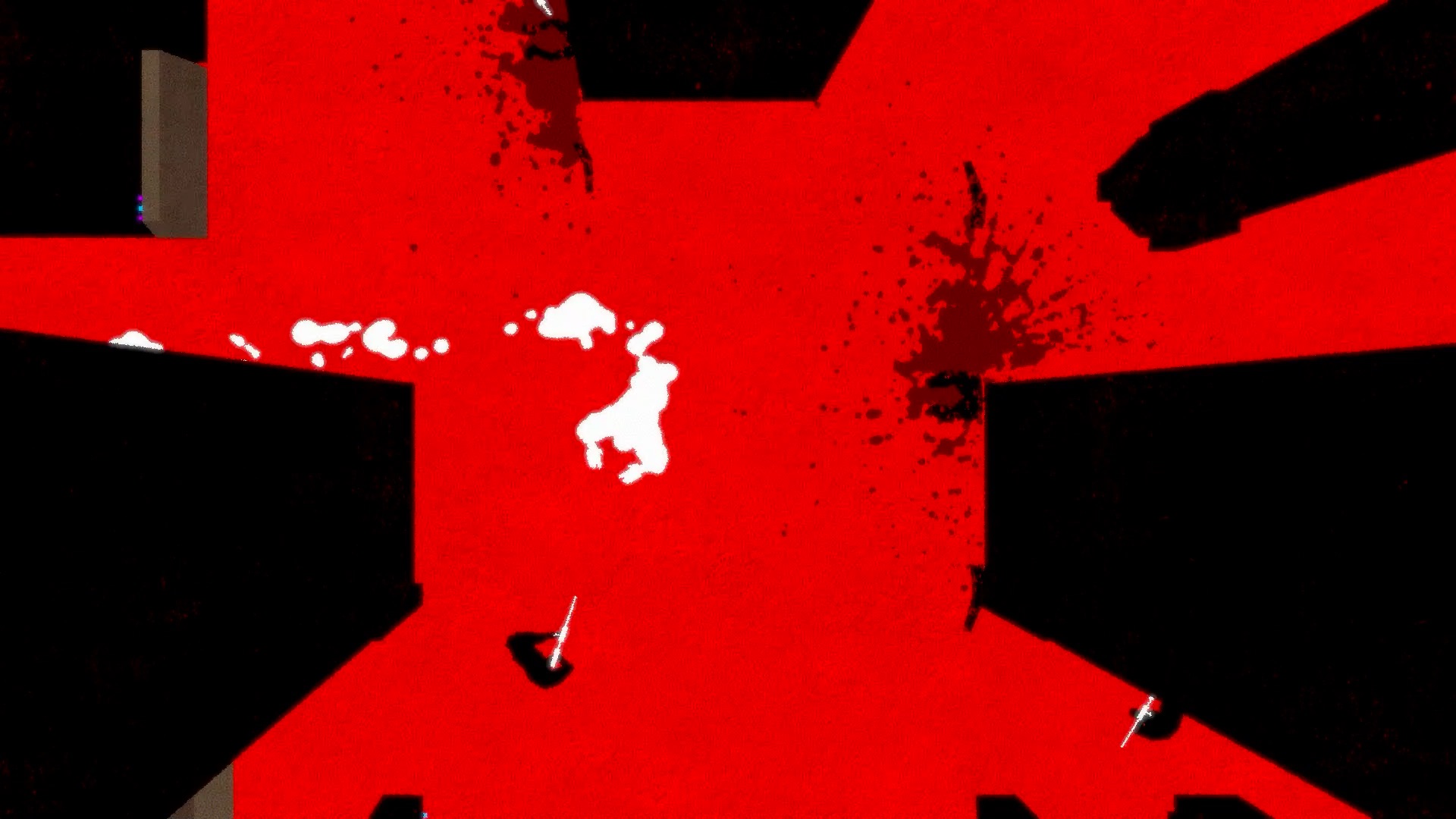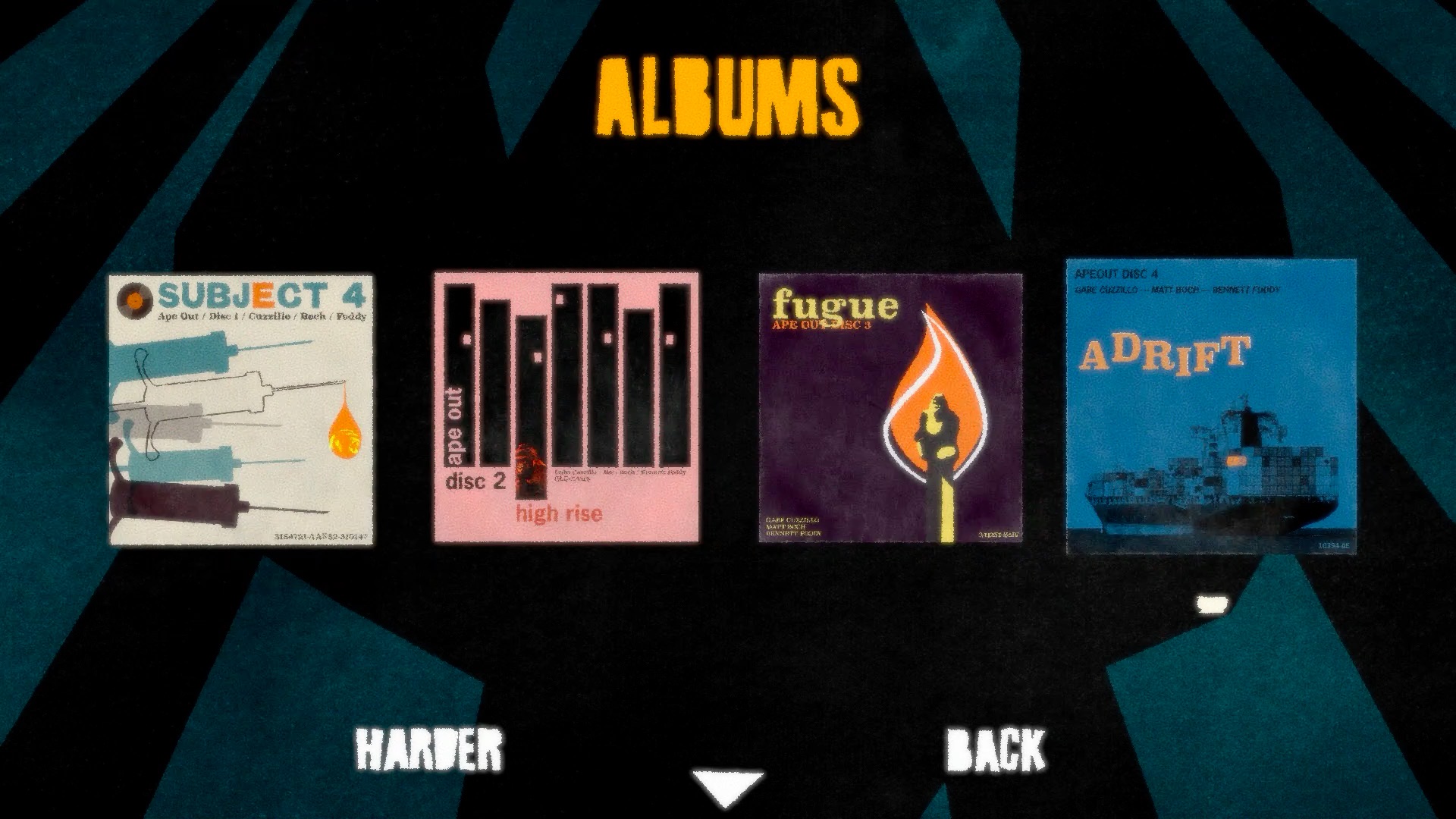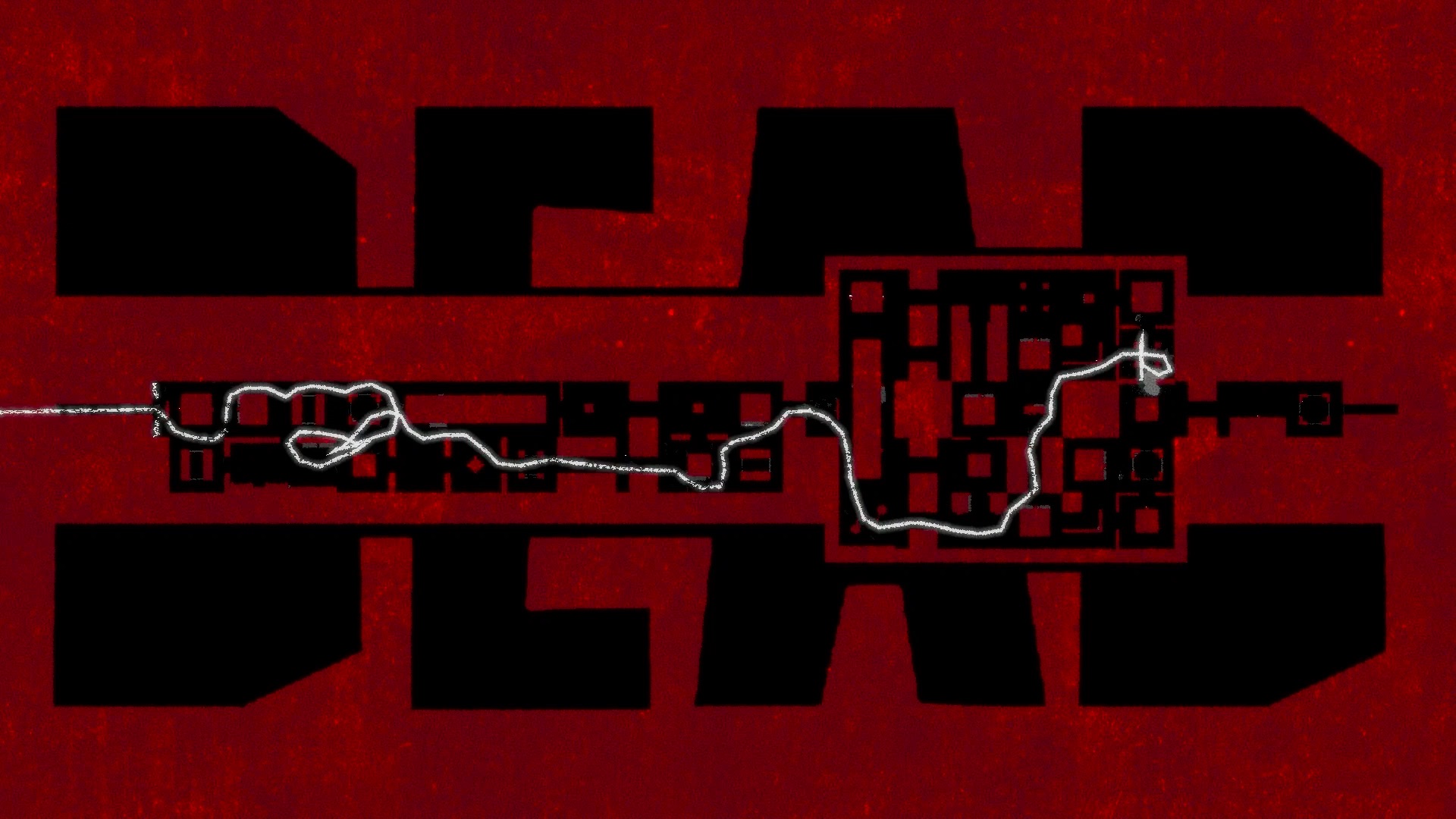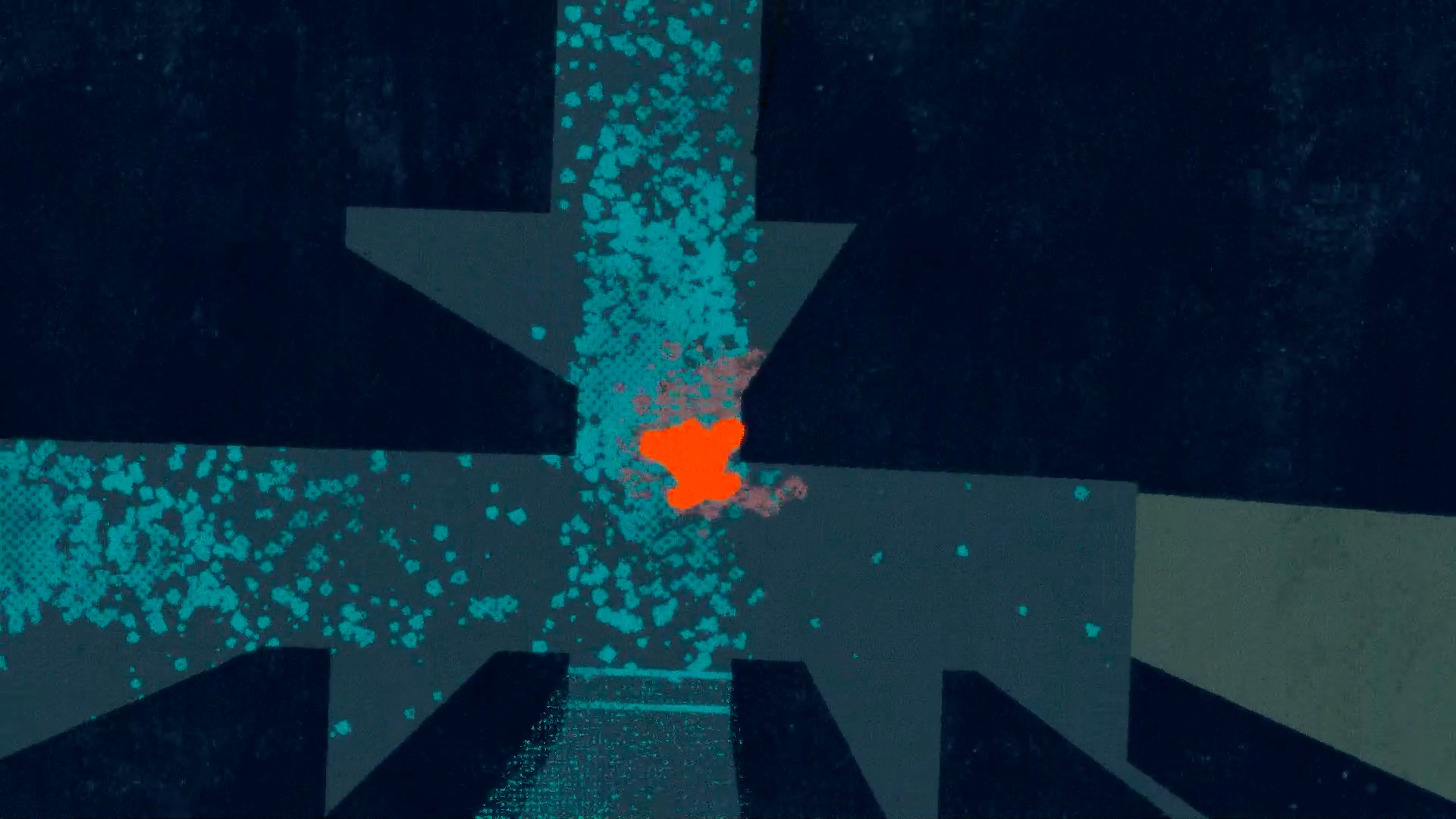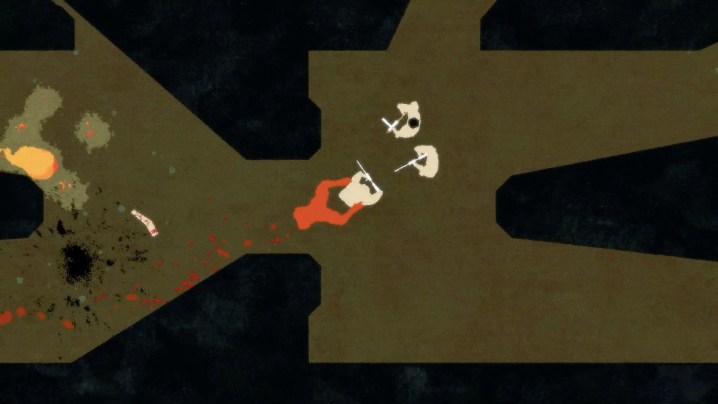
More content equals a better video game — or at least that’s what the smattering of AAA game releases from mega-publishers have suggested in recent years. From the rise of live service games like Anthem and Destiny 2 to the constantly evolving platform of Fortnite to lavish open world experiences like Red Dead Redemption 2 and Assassin’s Creed Odyssey, there seems to be a notion that more mechanics, more things to do, more stuff makes for a more fulfilling experience. That’s not to say some of these games aren’t great, worthwhile experiences, but they sometimes feel excessive to the point of forgetting why we play games in the first place: to be entertained, to consume — not to be consumed.
Indie games, on the other hand, often strip the experience down to the bare essentials, delivering a game that isn’t bogged down by content models, endless systems, and superfluous details that only a fraction of the player base will ever experience or recognize. Cue Ape Out, the latest game from Devolver Digital, a glorious and strident example of a less is more approach to game design. The result is an oddly beautiful fusion of jazz and violence that firmly places Ape Out as an early contender for GOTY awards.
Escape, ape
Ape Out follows a large orange ape on his journey to exact revenge on humans and escape captivity. From a top-down perspective, you guide the ape through a mix of dark hallways and open spaces. Each level is filled with guards wielding various types of guns, from single shot and spray pattern rifles to machine guns to flamethrowers to bazookas. As an ape with extraordinary strength, you can slam the humans into walls, other enemies, or off ledges entirely and watch them turn into a pile of dismembered limbs soaked in a pool of blood. Or you can grab enemies and use them as a shield before brutally flinging them in the direction you desire. If timed and aimed right, the panicked human shields will shoot and kill their allies for you. That’s it. Ape Out has a two trigger control scheme and the core gameplay remains exactly the same from beginning to end.
After playing Ape Out for a couple of minutes, you’ll know exactly what it has to offer. While that statement could be construed as a knock, it’s most certainly a compliment because the loop is so utterly satisfying. It’s refreshing to play a game so confident in its identity that it doesn’t gate the quality content behind a meandering series of objectives.
Jazzy violence
Ape Out‘s soundtrack works in tandem with the gameplay. A jazzy drumbeat pounds along in the background as you guide your lovable extra-violent ape. As you enter an area filled with enemies, the rhythm picks up, heightening the tension while simultaneously informing you of the dangers with audio cues. Killing enemies produces a ridiculously satisfying cymbal crash that only gets better when you combine it with breaking glass windows. Once in the groove, your actions conduct a violent symphony that feels like an additional mechanic.
Remaining in the groove, though, can be a trying endeavor. The ape can survive two shots, but a third will produce a game over screen. It takes a few moments for enemies to gather themselves and shoot, so you have a window to decide how to approach the situation. The death screen itself is sophisticated, with the level layout sandwiched inside the word “Dead” and a white line drawing the path you took that ultimately led to your demise. Dying is an inevitably, and randomized level and enemy layouts keep you guessing each time you try again. Save for the beginning and end of each level, the layout changes each time, though not to a degree where levels lose their identity.
Upping the intensity
One of the best aspects of Ape Out is how it plays with the field of view. Hallways and new paths are often hard to recognize because of the design of the walls, which stretch high into the air, even above your top-down perspective as the player. Covered land fades away as you stomp your way into the next open area. The rhythm of the music sometimes informs you of danger before you can even see it. The sense of confinement created by the rudimentary art style and restricted viewable area matches the game’s premise of captivity.
Ape Out‘s level design underscores how it promotes multiple play styles. You can continue moving with the beat of the drums, demolishing anything in your path, hoping to not walk into an area where you’re surrounded from all directions; or you can try and stick close to cover, moving methodically, avoiding open areas and only taking out enemies when catching them off guard. Whether you’re escaping from a nondescript warehouse, descending a towering office building, a cargo ship, or stampeding through a jungle, Ape Out gives room to multiple approaches. It’s an impressive feat considering the limited mechanics at your disposal.
Each of the four chapters is designed as a jazz album with two sides (A and B). Levels in each album seamlessly connect to one another to create a cohesive theme, a fully formed escape album, if you will. It took me about three hours to work through the entire game. An arcade mode imposes a time limit and rewards points for each kill, though death forces you to start the album over again. And a harder difficulty level awaits for those who are up for a more daring ape escape.
Ape Out entertains with every literal beat of its snare drums, offering a rhythmic reminder of how magical games can be when they stop trying to do everything. It’s available now on Nintendo Switch and PC.
Editors' Recommendations
- Lorelei and the Laser Eyes could be one of 2024’s best and boldest games
- This upcoming PC game brings Lego building to the real-time strategy genre
- If you love retro games, you need to check out this killer Mega Man throwback
- Children of the Sun turns sniping into a pitch-black puzzle game
- The year’s best sports documentary is about Mike Tyson’s Punch-Out
